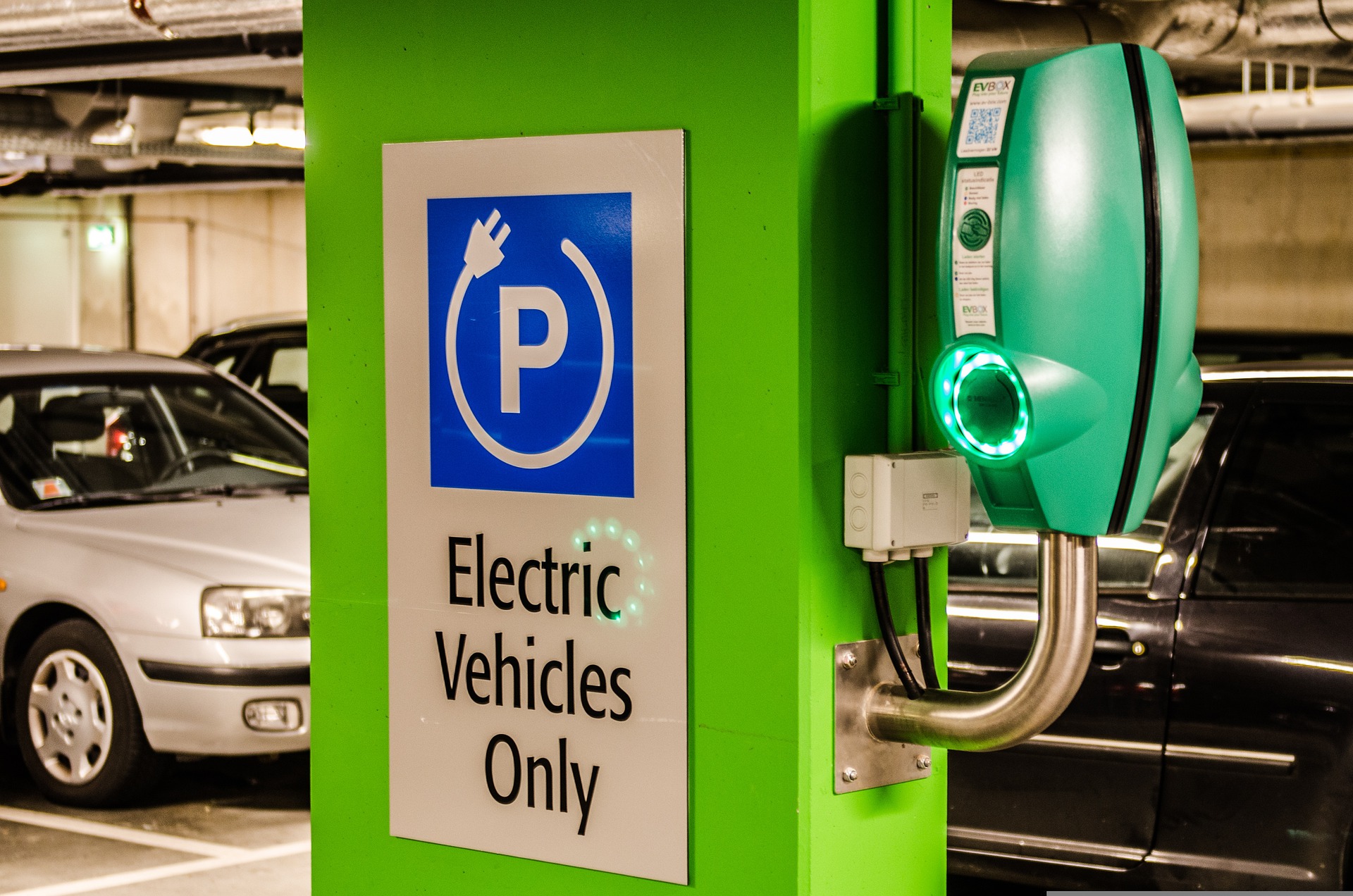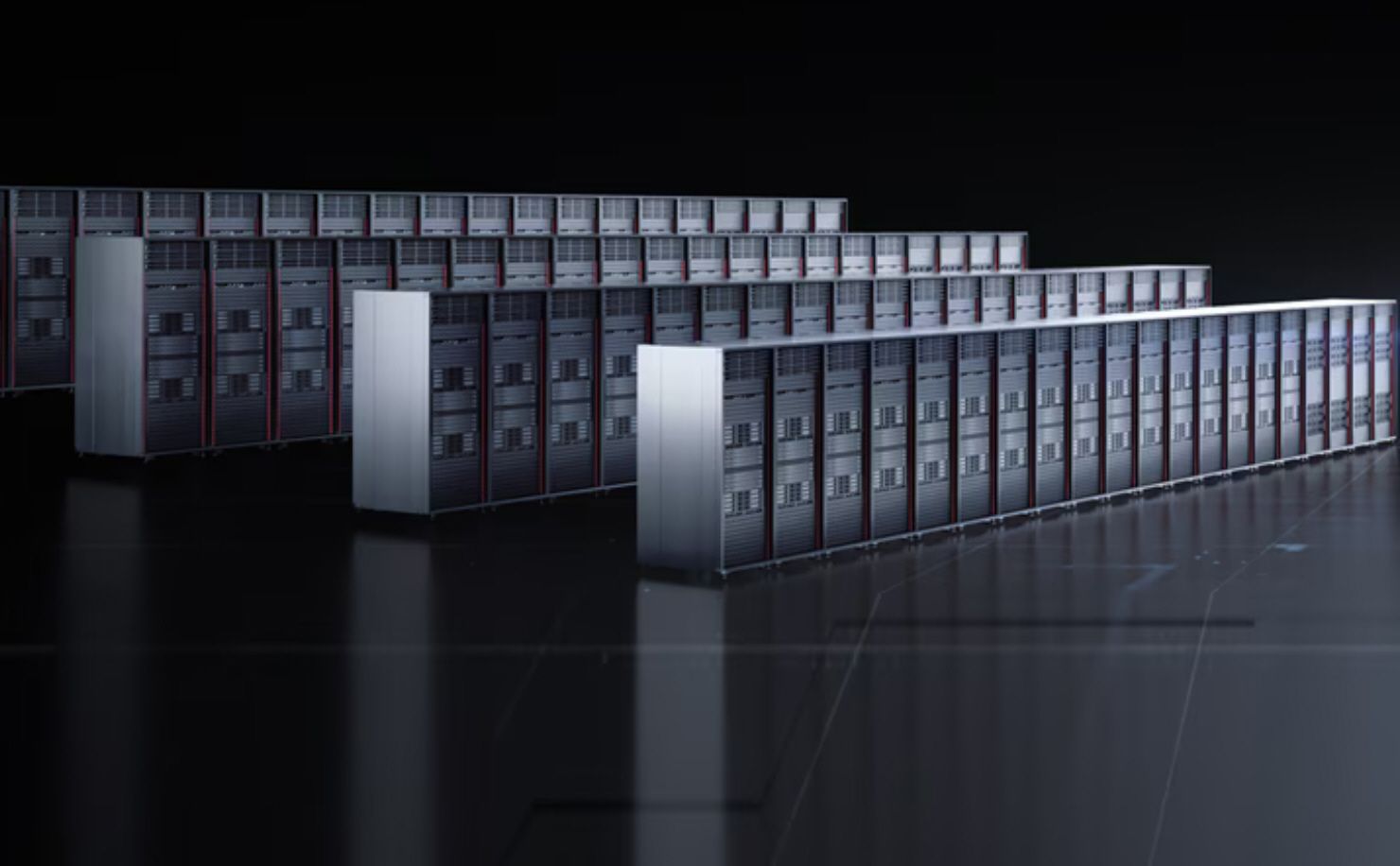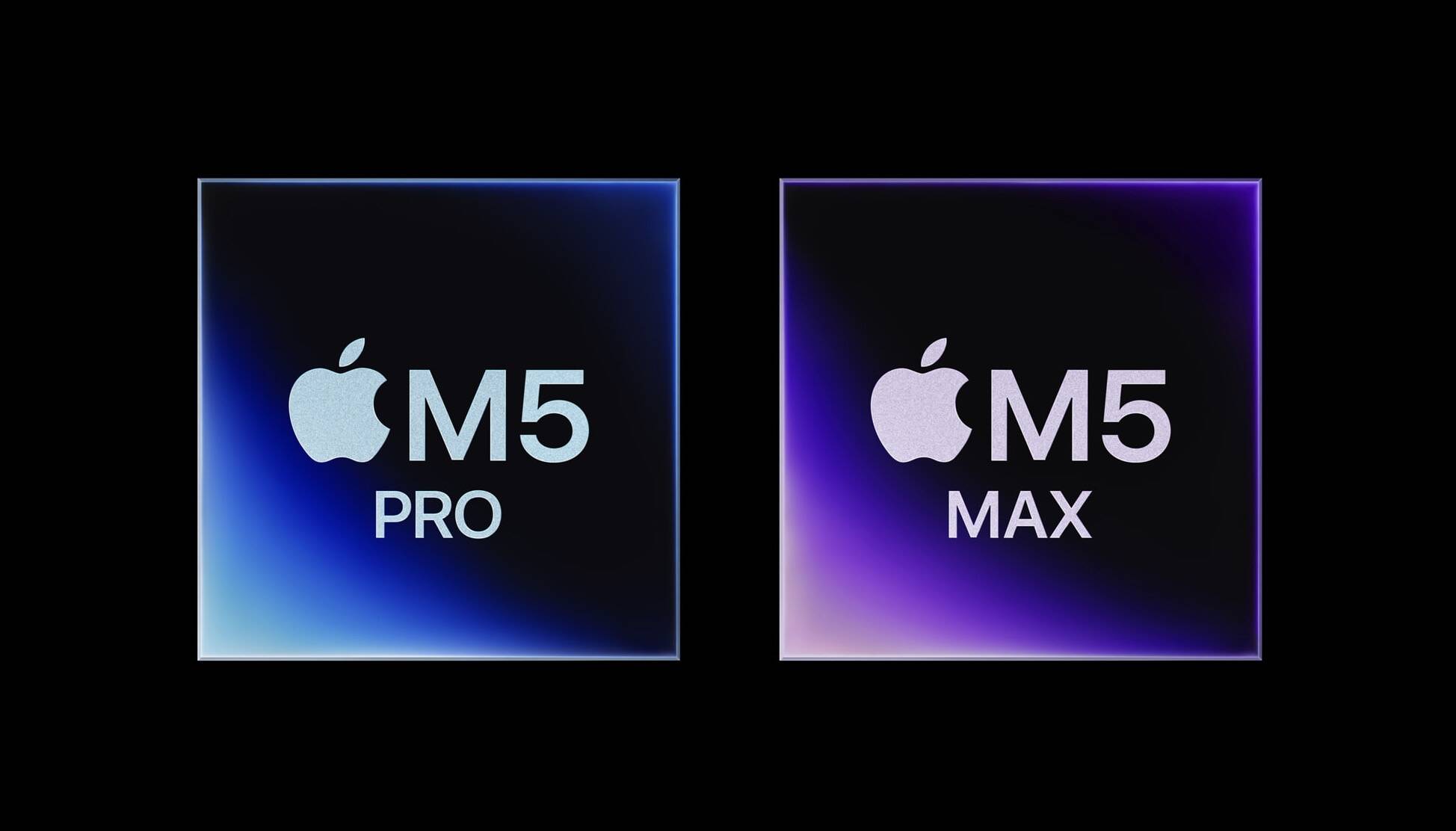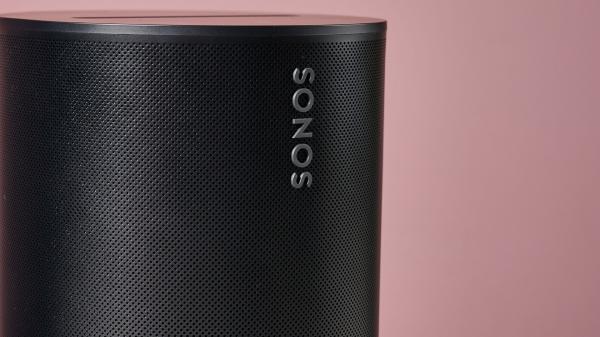-
Sep 21, 2022, 3:56 pm2.4k ptsInsanely Great Special Content
Special Content
As our society becomes more climate-conscious, our electricity needs increase. This places demands on power grids around the world, which will need to be upgraded and strengthened in various ways in the future. Not to mention that electricity prices have skyrocketed lately, and are expected to continue to do so. Something that affects the average person, but not the least the electric vehicle owner.
As the EU aims to have one million public charging stations by 2025, and between three and four million worldwide by 2030 to cater for the increasing number of households driving EVs, the way EVs are charged needs to be rethought.
As a result, so-called smart charging systems for EVs have been further developed and improved, and more and more established companies are choosing to invest in the technology. IoT has played a major role in fuelling the EV charging revolution.
Smart chargers can contribute to a better planet for all of us, more efficient charging of EVs and more money in your pocket.
What does smart charging mean?
The traditional way of charging EVs involves charging at full power directly when the cord is plugged into the vehicle. The problem here is that charging amplifies the traditional power curve. For example, if the EV is charged immediately after a working day at 4 or 5 pm, when the grid is already at its peak, the peak power is higher than the capacity of the grid.
So, in principle, smart charging is a safer and more convenient way to charge EVs when electricity demand is lower or renewable electricity is plentiful. For example, charging your EV overnight not only reduces costs for the EV owner but also helps to avoid unexpected intervals of high demand for electricity from the grid.
By shifting charging times to when the grid is less busy, the existing grid can last longer and the need to invest in more grids is reduced. The individual consumer can thus contribute to saving the electricity system during the major transition underway.
The component of a smart charger
A smart charger consists of three main components, or rather three forces that make it work - the charging unit, the wired/Wifi/Bluetooth connection and a smartphone application.
The charging unit is the device that contains the hardware and software required to charge EVs and is usually connected to a charging cable.
In order for the charging unit to communicate with another device, a data connection is needed, either as a wired, Wifi or Bluetooth connection.
The data connection allows the charging unit to communicate with a smartphone application.
How smart chargers work
These smart charging systems share real-time data with multiple devices, such as an electric car, to automate charging depending on its presets.
Today, smart chargers work in three main ways.
The most well-known use of smart chargers for EVs is to allow the driver to set specific time frames during which the EV will charge. For example, the driver can save money by charging the vehicle at night. But they can also set the charging, so that the EV charges when their solar panels generate the most energy.
Another function for which smart charging systems for EVs are intended is for smart solar charging. This simply means that the driver can power their EV only with solar energy. In this case, the charger communicates with your solar system and dynamically changes the price depending on the solar system. So, instead of exporting solar energy to the grid, the energy is used to charge the EV. Something that reduced the total amount of energy needed from the grid.
Lastly, EVs can take a lot of power from the driver's home. As with solar charging, the EV charger communicates with the circuits in the driver's home to see how much power is available to draw. It then adjusts the charger's output to make sure it does not exceed this. This thus ensures that the charger is used to its maximum capacity and then adjusts itself when demand is high so as not to cause a shutdown.
How EV drivers benefit from smart chargers
As an EV driver, you can really benefit from smart charging. You want to be able to charge your EV virtually anywhere - at home, at work, at the gym or on the road. You also want chargers to be easy to use. You need complete transparency and want to see not only where the charging stations are available, but also how much it will cost you to charge your vehicle at a given time. This is particularly important given the recent surge in electricity prices.
All this is made easier with smart chargers. Most of them can even be accessed from your smartphone. This locates smart charging systems around you and updates the data in real-time, so you can always charge your EV as efficiently as possible.
Advantages of smart chargers
The main reason you want to charge your EV in a smart way is most likely to save money in a market with rising electricity prices. But there are many other reasons why smart chargers are the best way to charge your EV.
You keep track of your electricity consumption
Many smart charging systems for EVs allow drivers to keep track of how much electricity they are using. This gives you a better overview of your consumption and hopefully, you can build on this data to reduce your electricity consumption and contribute to a more sustainable world. After all, we have an obligation today to do what we can to save the earth's resources and make it a better place for future generations.
You can charge faster
Because your EV is charged at specific times when it is using its maximum charging power, your EV will charge much faster than it would through a traditional electrical socket. Which, in turn, means lower costs for you and less environmental impact.
You can charge more safely
Another clear benefit of smart charging systems for EVs is that many enable safer charging. This is because many of them automatically test the connection between the car and the device before charging. Something that might otherwise worry many EV owners.
You can find available charging stations
Many smart charging systems for EVs also allow the driver to find charging points on the go. It shows nearby charging points and provides information on power and price to make it easier for drivers to charge their EVs when needed. This is especially important for drivers who are always on the move. It is important to know when and where the next charging station will be.
Smart chargers are beneficial for fleets too
Many larger organizations have already switched from vehicles powered by gasoline or natural gas to EVs on their fleets due to legal reasons and tax benefits. Many fleet operators do, after all, need good systems for centralized control of charging. This includes smart charging systems that can provide organizations with exactly what they need. After all, buses, vans and trucks must have enough energy when they are out on the road.
With a smart charging system, operators can provide their fleets with a sustainable source of energy that is also good for the pocket in the long run. Not to mention, new developments in smart charging allow staff to feel safer.
The future of EV charging is here
No one can ignore how important EVs are and how important they will continue to be. With all the environmental disasters we are facing around the world, both individuals and businesses are being forced to adapt to the changes society as a whole must make.
But as electricity prices have risen, it is no wonder that people have begun to question whether it actually makes sense to buy an EV. However, by charging your electric vehicle in a smart way, you can do both your pocket and the environment a favor. After all, the future of EV charging is here already.
Trending Today on Tech News Tube
Follow all of the top tech sites in one place, on the web or your mobile device.















